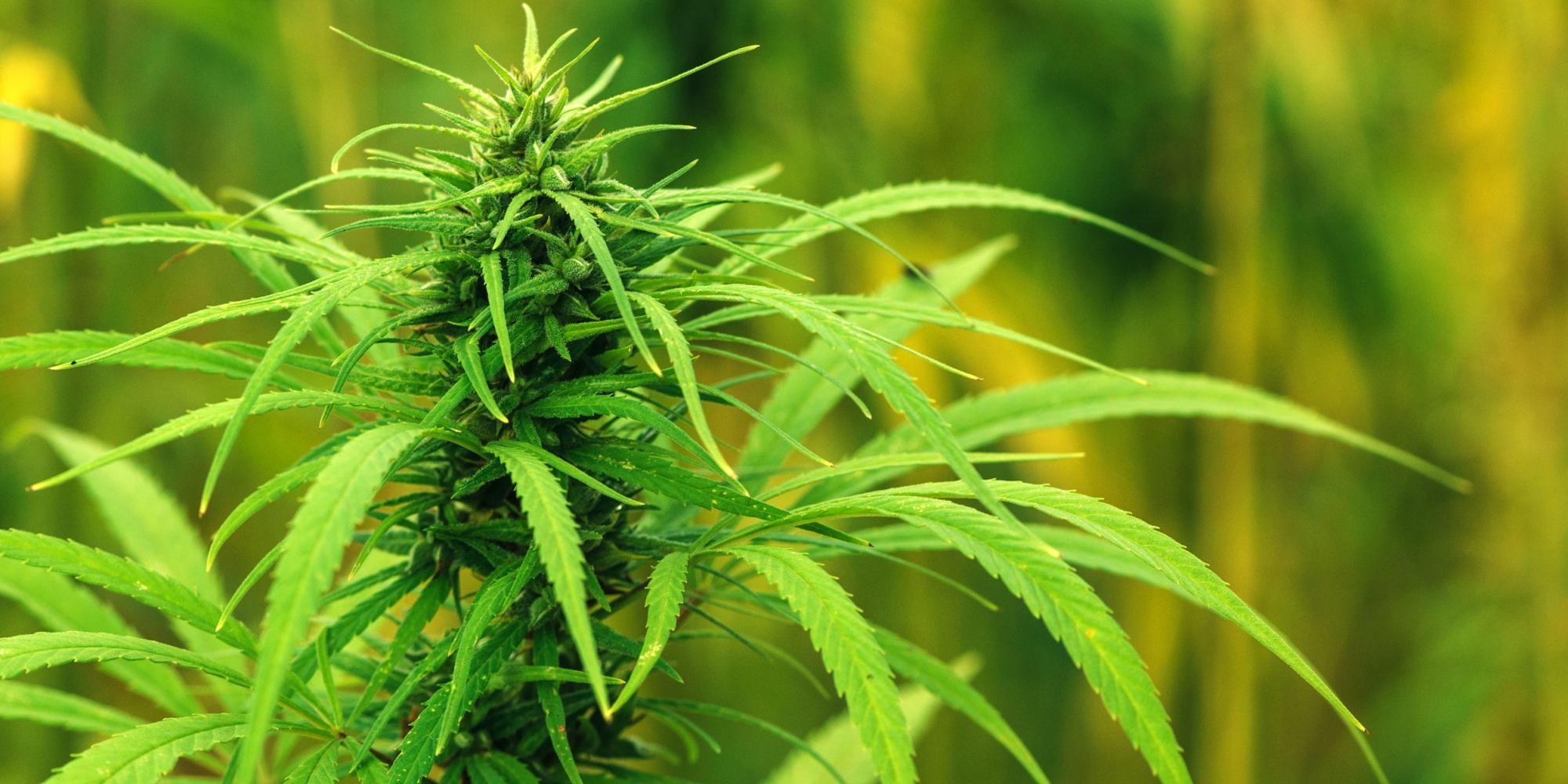11.21.2025
Sausage casings bulletin, November 21, 2025

...

CBD policy development at the FDA has by all appearances, been set aside. The cannabinoid segment sees regulatory guidance as paramount to grow markets. CPG heavyweights have been sidelined by the regulatory vacuum, and the fact that some states are legislating for CBD doesn’t appear to inspire them. New York’s unfolding cannabinoid hemp program may give companies added confidence to bring new products to market.
If California’s AB-45 legislation passes, that could further motivate large corporations to proceed with limited product launches, but at great cost to small farmers in its current form. CA and NY are massive markets, and among the top 5 economies in the US. Certainly, more nimble companies will quickly bring CBD beverages to market there. A good example of this is the Hexo/Coors collaboration, “Truss”, released exclusively in Colorado.
Market participants are closely watching to see how Truss’ ‘verywell’ brand performs in Colorado, as is the renamed and reimagined Molson Coors Beverage Company, formerly Molson Coors Brewing. The sparkling water offered in 3 unique flavors is a departure from their existing product lines but is an essential pivot as consumer tastes shift. Each 12 oz can contains 20 mg CBD, and no sugar, capitalizing on current wellness trends.
FDA enforcement guidance was delivered to the White House OMB back in July, and there it sat until the new administration directed agencies to review in-progress policy. Speculation abounds as to the intentions of the FDA, and whether they will press forward with existing policy, revisit, or entirely overhaul. The recent departure of Dr. Amy Abernethy – who oversaw the agency’s CBD working group – raises some questions for CBD stakeholders as to the continuity of the process.
But this presents a significant opportunity for fresh eyes to scrutinize the issue. The politics at FDA are far broader than CBD policy. Current Interim Director Janet Woodcock – praised for her operational acumen – is still in the running for FDA Commissioner, while pressure mounts on the Biden Administration to fill that vacancy quickly, in light of the extraordinary challenges presented by the pandemic. The president was reportedly waiting for the confirmation of HHS nominee Xavier Bacerra, who was recently confirmed, and will oversee the incoming FDA Commissioner.
The major limitation for the FDA has always been data, so stakeholders have limited optimism for a wholesale change in policy without more safety data. The industry has begun harvesting data, like the preliminary findings from Validcare, recently presented to the FDA’s Cannabis Product Council, formerly the Cannabis Working Group. The study of over 830 consumers showed no liver toxicity for ingested CBD. Crowd sourcing participants for clinical studies and leveraging today’s ubiquitous handheld computers will accelerate the process of vetting CBD safety for the general population, but not bypass.